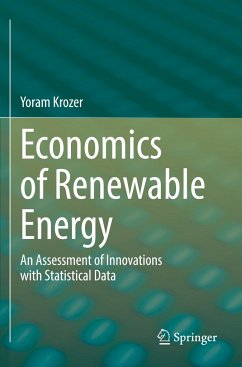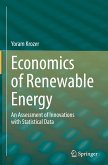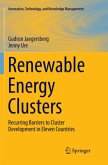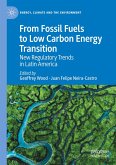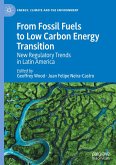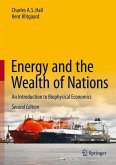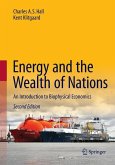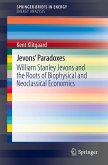The book provides a comprehensive review of renewable energy from an economic perspective throughout the last two hundred years, starting from traditional renewable energy based on bio and hydro energy. The focus is on modern renewable energy based on geothermal, wind, and solar energy. It emerged when innovative entrepreneurs captured opportunities for valuable energy services. As the services with renewable energy expanded, the costs of technologies decreased entailing global commercialisation. This enables larger access to energy and emission reduction of carbon dioxide, but also causes larger differences in the energy resources across countries which impedes international policies. That optimistic viewpoint on the shift to the global low-carbon economy is largely based on statistical data about purchasing power, energy consumption and businesses, and valuable energy services in many countries on all continents. The data are presented in 70 tables, graphs, and figures, most of them original. Interpretation of the data are useful in support of decisions making about sustainable development in civil society, businesses, and policy makers as well as for the verifications of scholarly hypotheses and projections in energy and climate policies.
Bitte wählen Sie Ihr Anliegen aus.
Rechnungen
Retourenschein anfordern
Bestellstatus
Storno

